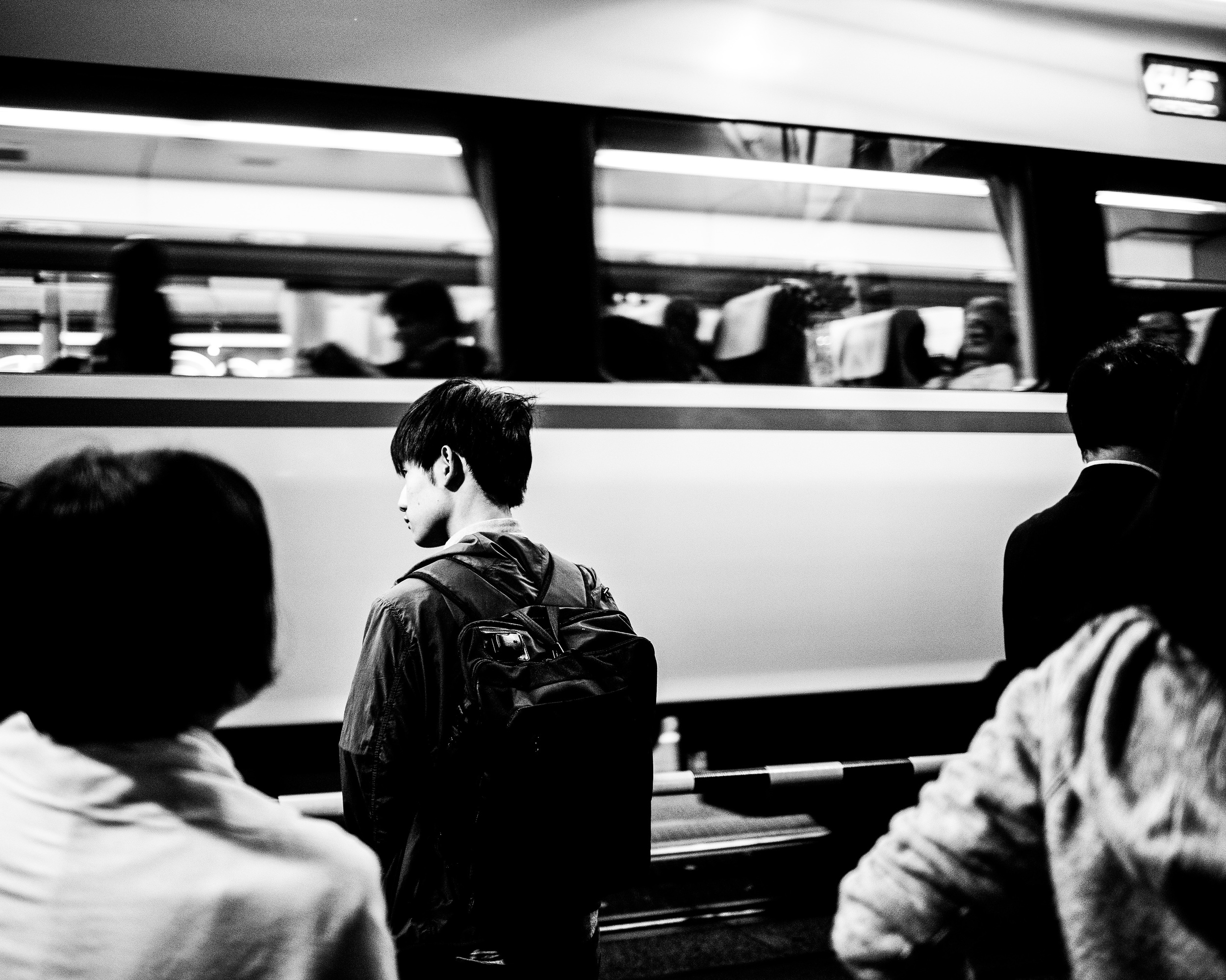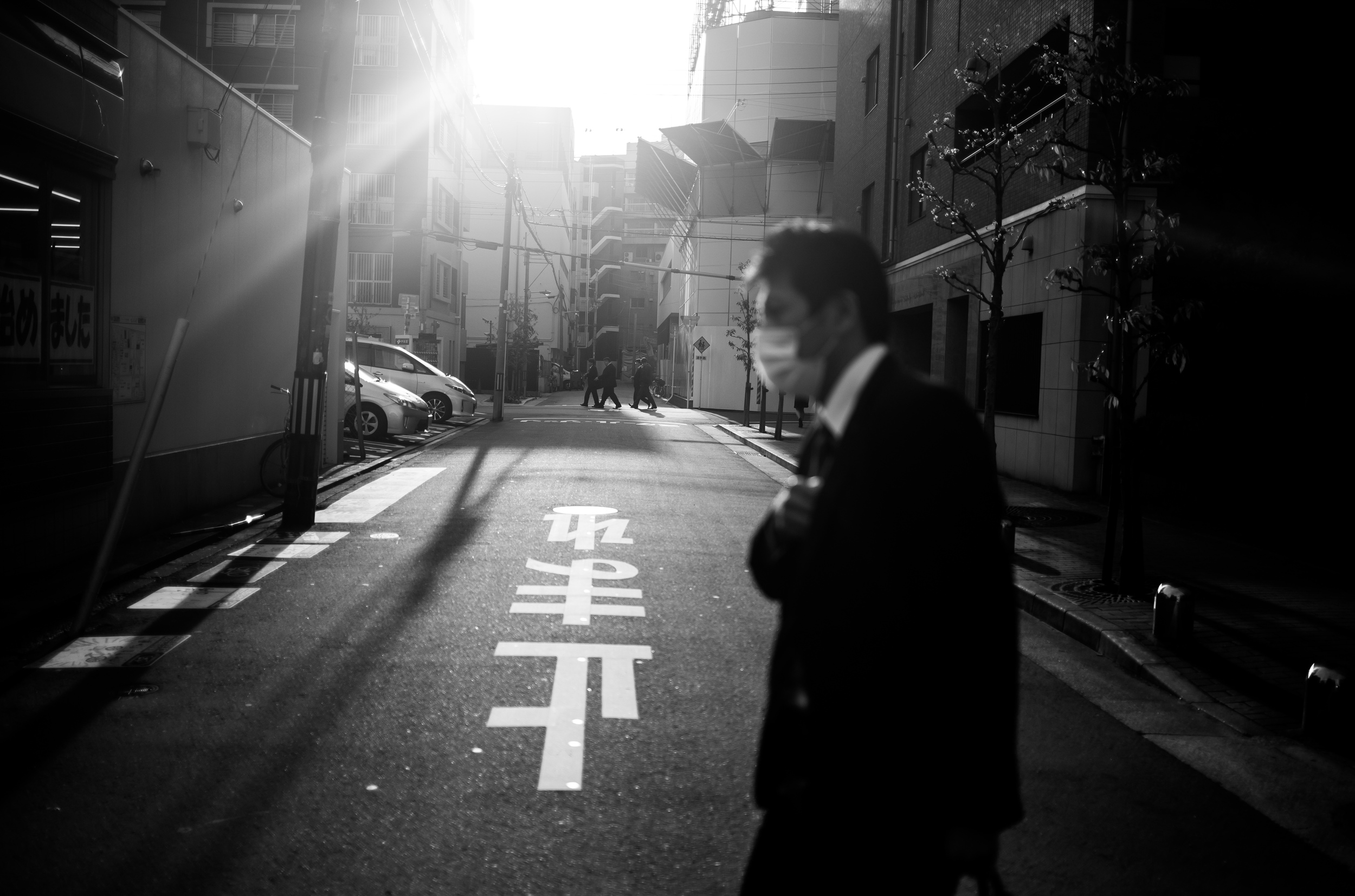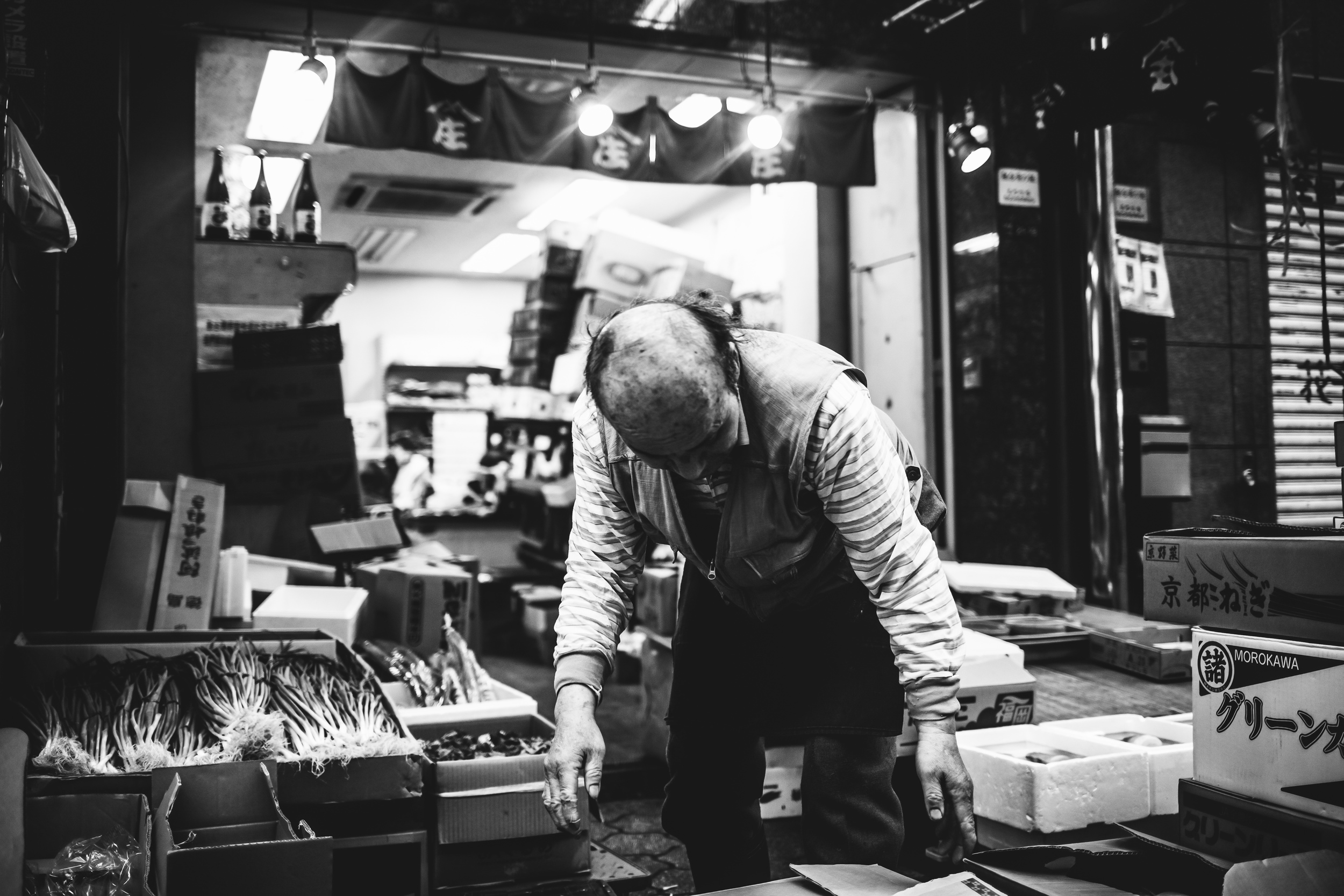
Karōshi, translated from Japanese to English, means "death from overwork." The first "case" was reported in 1969 when a 29-year-old man suddenly died of a stroke working for Japan's largest newspaper company. The word was defined in 1978 to explain the increase of deaths from work related strokes and heart attacks. A book was written in 1982 that made the word something to worry about but it wasn't until the late 1980s, when a few younger high-ranking businessmen died suddenly, that the word became used in everyday public life.


Mental stress from the workplace can also cause Karōshi, besides physical stress. People who commit suicide due to mental stress are called “Karōjisatsu. Many people feel this stress because they are prepared to work unpaid overtime hours due to younger workers quitting over strenuous hours.


Around 22 percent of the Japanese work force put in more than 49 hours a week, 8 percent more than Americans. Even though Japan is known for hard workers, it has quite the reputation for inefficient practices such as workers hanging around, not working, just for the sake of respect to their superiors. About half of the vacation days allowed for workers are used, nine days on average, a year. The government also estimates around 200 deaths a year due to Karōshi. This unhealthy environment was enough for the Japanese government to submit legislature in January of this year working to change this. Slowly but surely everyone hopes it will change.





Karōshi, translated from Japanese to English, means "death from overwork." The first "case" was reported in 1969 when a 29-year-old man suddenly died of a stroke working for Japan's largest newspaper company. The word was defined in 1978 to explain the increase of deaths from work related strokes and heart attacks. A book was written in 1982 that made the word something to worry about but it wasn't until the late 1980s, when a few younger high-ranking businessmen died suddenly, that the word became used in everyday public life.
Mental stress from the workplace can also cause Karōshi, besides physical stress. People who commit suicide due to mental stress are called “Karōjisatsu. Many people feel this stress because they are prepared to work unpaid overtime hours due to younger workers quitting over strenuous hours.
Around 22 percent of the Japanese work force put in more than 49 hours a week, 8 percent more than Americans. Even though Japan is known for hard workers, it has quite the reputation for inefficient practices such as workers hanging around, not working, just for the sake of respect to their superiors. About half of the vacation days allowed for workers are used, nine days on average, a year. The government also estimates around 200 deaths a year due to Karōshi. This unhealthy environment was enough for the Japanese government to submit legislature in January of this year working to change this. Slowly but surely everyone hopes it will change.
prev / next
1 2 3 4 5
·····
show thumbnails
